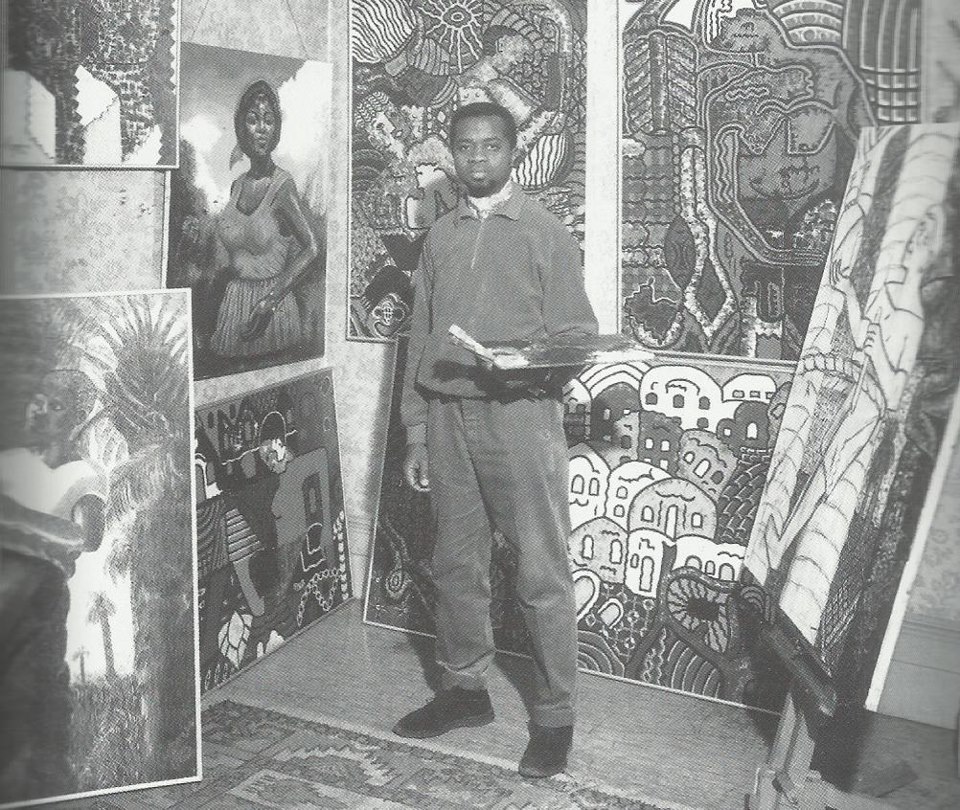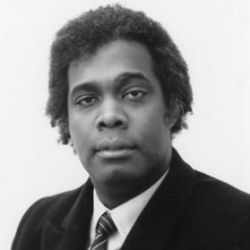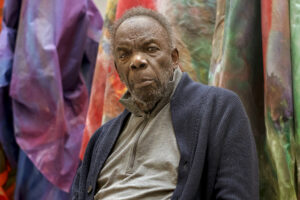Uzo Egonu was a Nigerian born artist who settled in Britain in the 1940s. He returned once to his homeland, for two days in the 1970s, although he remained concerned with African political struggles. According to the artist Rasheed Araeen, Egonu was perhaps the first person from Africa, Asia or the Caribbean to come to Britain after the War with the sole intention of becoming an artist. The critic Molara Wood said that “Egonu’s work merged European and Igbo traditions but more significantly, placed Africa as the touchstone of modernism. In combining the visual languages of Western and African art, he helped redefine the boundaries of modernism, thereby challenging the European myth of the naïve, primitive African artist.”
1931
1996
Nigeria
Nigerian
Born in Onitsha, Nigeria, Egonu was in his early teens when he first travelled to England in 1945. Having already begun to draw while attending Sacred Heart College, Calabar before leaving for the UK, he eventually studied Fine Arts and Typography at Camberwell School of Arts and Crafts, London, from 1949 to 1952, and went on to participate in a number of exhibitions.
In 1977 he was among the Black artists and photographers whose work represented the UK at the Second World Festival of Black Arts and African Culture (Festac ’77) in Lagos, Nigeria. The other exhibitors were Winston Branch, Ronald Moody, Mercian Carrena, Armet Francis, Emmanuel Taiwo Jegede, Neil Kenlock, Donald Locke, Cyprian Mandala, Ossie Murray, Sue Smock, Lance Watson and Aubrey Williams.
In 1983 the International Association of Art called on him to become a lifetime advisor , an honour which he shared with painters and sculptors like Henry Moore, Joan Miró and Louise Nevelson. Egonu was also included in two major 20th century exhibitions featuring Black British artists. the 1989 landmark show at London’s Hayward Gallery, The Other Story, and seven years later in 1996 Transforming the Crown, curated by the Caribbean Cultural Centre in New York City. He was a member of the Rainbow Art Group, an initiative set up in 1978, which recognized the main problem that exists in relation to the work and aspirations of all ethnic minorities in the art world.
In later years he suffered two heart attacks and deteriorating eyesight, and on 14 August 1996 he died in London.
https://www.nocolourbar.org/uzo-egonu
https://ko-artspace.com/artists/47-uzo-egonu/
https://en.wikipedia.org/wiki/Uzo_Egonu
https://www.tate.org.uk/art/artists/uzo-egonu-17942
https://arthistoryproject.com/artists/uzo-egonu/stateless-people-an-assembly/



